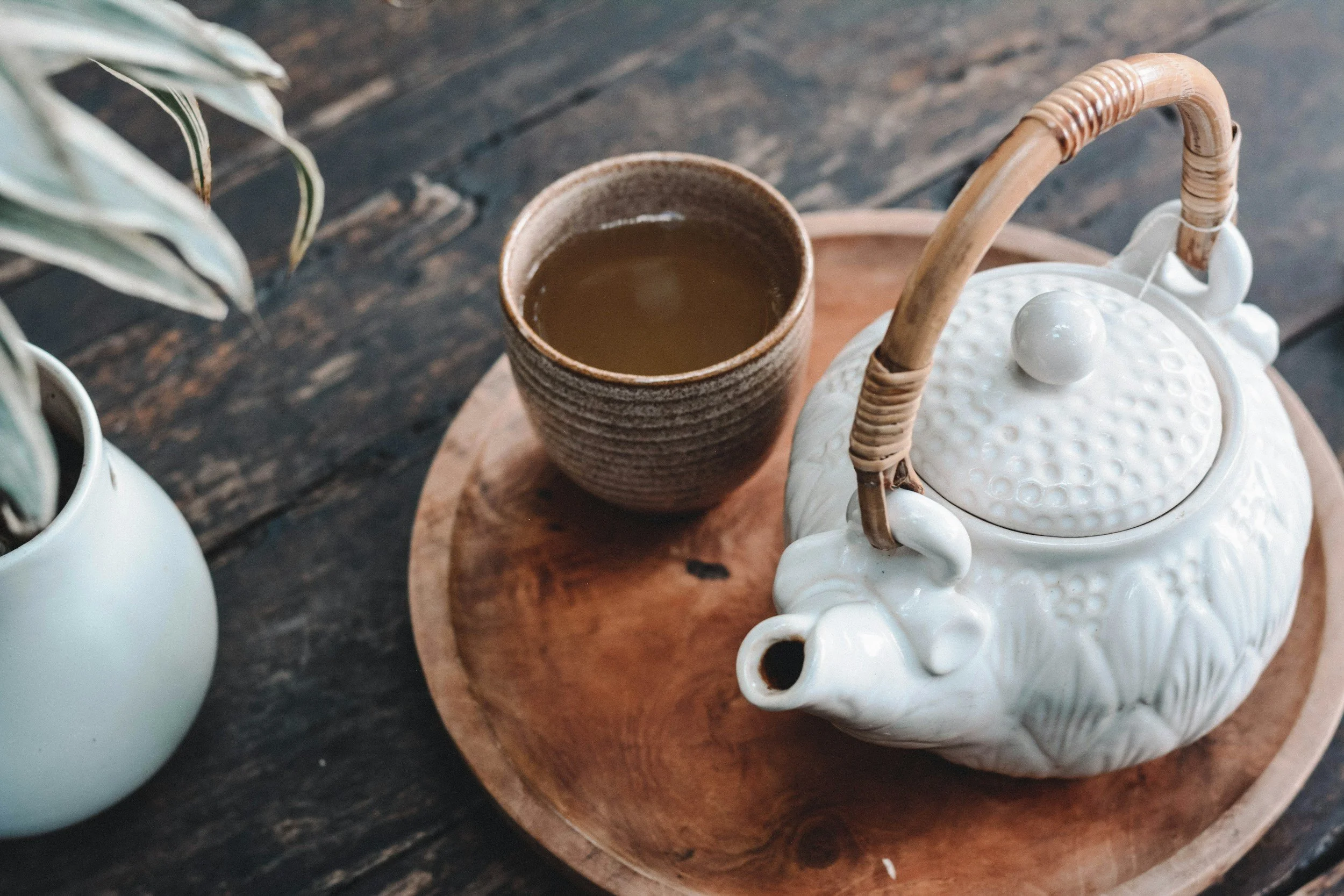Not Everyone's Cup of Tea
/Not Everyone’s Cup of Tea
John Paul Derryberry
Sometimes, sayings that things have been passed down through generations morph away from their original intent. It starts as a way to pass along helpful knowledge captured in a short five to seven-word sentence that gets twisted. Now, I'm not enough of a linguistic historian to know the origin and original meaning of "Not everyone's cup of tea." But that isn't the point of typical phases. We relay information in a way that allows us to understand the social situations and gain knowledge through a quick interaction
This week, I found myself uttering the phrase, "Hey, look, I'm not everyone's cup of tea." I meant to pass it off to convey what I feel is the original meaning; the world is vast, different, and full of flavor, and I'm not meant to be liked by everyone. After some time, I wondered if I was uttering that phase to protect myself from change. Was it used as a defense to dismiss correct criticism of my actions? See, that's not what I feel that phase was created for, but I find more and more of us using it that way. If someone does not like us, chalk it up to "I'm not for everyone," blame the other person for poor taste, and refuse to engage in growth.
If we deploy that phase this way, we will have a world of flavored tea that is never adjusted to land smoothly on anyone's pallet. We will have a lot of thirsty people, but the water needed to make communities run will taste so bad no one will drink. It's a constant battle to remind yourself to stay true to yourself and grow into who you can be. Tea drinkers know this; adding sugar, honey, milk, and other ingredients makes the tea taste to their flavor profile. Yet, we continue to move toward a take-it-or-leave-it type of relationship reality. It's a bad place to be as a single individual and a larger community.
It leaves little room for exploring personal thoughts and actions. It allows for blow-ups and excuses for poor actions. It provides a rugged exterior that is never allowed to reveal vulnerability, and it communicates that I’m never wrong and do not need to do things differently. If the real meaning behind this saying is the acknowledgment that there are people in this world, I will never get along with, that's ok. That is a beautiful piece of knowledge to pass on. Chasing everyone to like you is also a fool's errand or a gateway to being an awful authoritarian type of person. But we are in the wrong place if the meaning morphs into I don't ever have to adjust, change, improve, or grow.
A reader may educate me on the real origin and the meaning of the saying. Another reader may read this and respond with a snarky comment. Someone may read this and say, John's got a point; I have to be open to growth. Whatever the outcome, I know this: I will never be everyone's cup of tea, but I hope to grow into a person many people enjoy conversing with over a cup of tea, coffee, beer, water, scotch, wine, or whatever wets your whistle.


